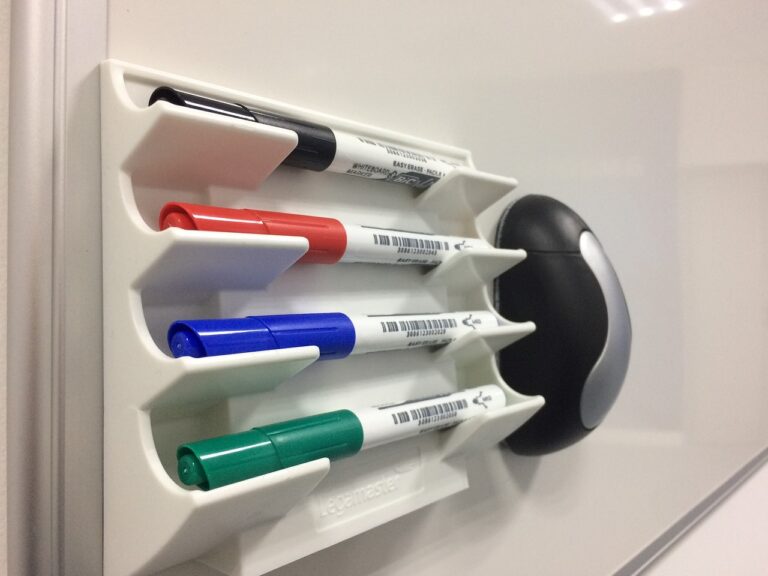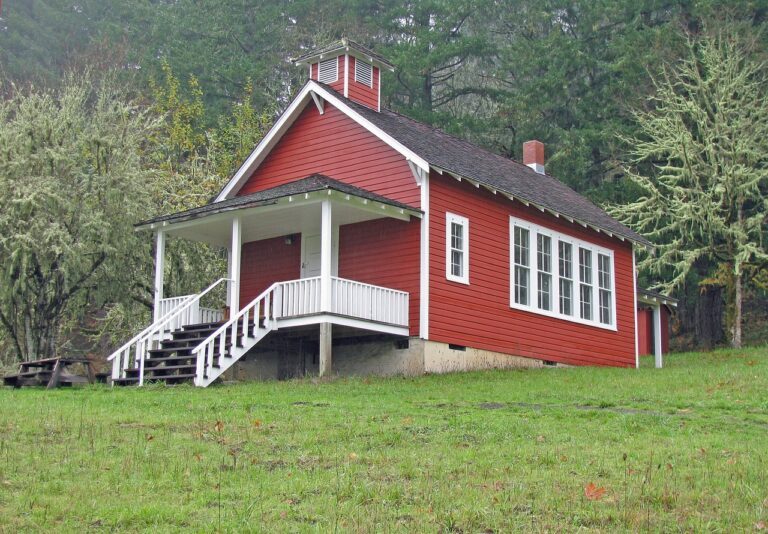Experiential Learning: Learning Through Experience
Experiential learning is a hands-on approach to education that emphasizes learning through experience and reflection. It focuses on actively engaging learners in real-world experiences to deepen their understanding and skill development. Through experiential learning, individuals are encouraged to step out of their comfort zones, confront challenges, and draw meaningful insights from their experiences.
This learning methodology values the process of “learning by doing,” where individuals acquire knowledge and skills through direct experiences, rather than traditional classroom instruction alone. By immersing themselves in practical activities and projects, learners have the opportunity to apply theoretical knowledge in practical contexts, leading to a more holistic and meaningful learning experience.
Historical Background of Experiential Learning
Experiential learning has a rich historical background that dates back to the early 20th century. Influential educators such as John Dewey and Jean Piaget played pivotal roles in shaping the foundations of this learning approach. Dewey emphasized the importance of learning through experience and reflection, highlighting the value of hands-on activities in the educational process. Piaget, on the other hand, focused on the cognitive development of individuals through interactions with the environment, underscoring the significance of active learning in acquiring knowledge.
In the 1960s and 1970s, the concept of experiential learning gained further momentum with the work of David Kolb. Kolb introduced the experiential learning cycle, outlining a four-stage process of concrete experience, reflective observation, abstract conceptualization, and active experimentation. This holistic model emphasized the integration of learning styles and the need for individuals to engage in experiential activities to deepen their understanding and skills. The contributions of these pioneering figures have laid the groundwork for the widespread adoption and recognition of experiential learning in various educational settings today.
What is the definition of experiential learning?
Experiential learning is the process of learning through experience and reflection on that experience. It involves actively engaging with the material being learned through hands-on activities, simulations, and real-world experiences.
What is the historical background of experiential learning?
Experiential learning has roots in the work of educational theorists such as John Dewey and Jean Piaget, who emphasized the importance of learning through experience. The concept gained popularity in the 20th century with the rise of experiential education programs and the development of the experiential learning cycle by David Kolb.
How has experiential learning evolved over time?
Experiential learning has evolved from a focus on outdoor education and adventure-based learning to a broader approach that includes internships, service learning, and other real-world experiences. It is now recognized as a valuable teaching and learning strategy in a variety of educational settings.





